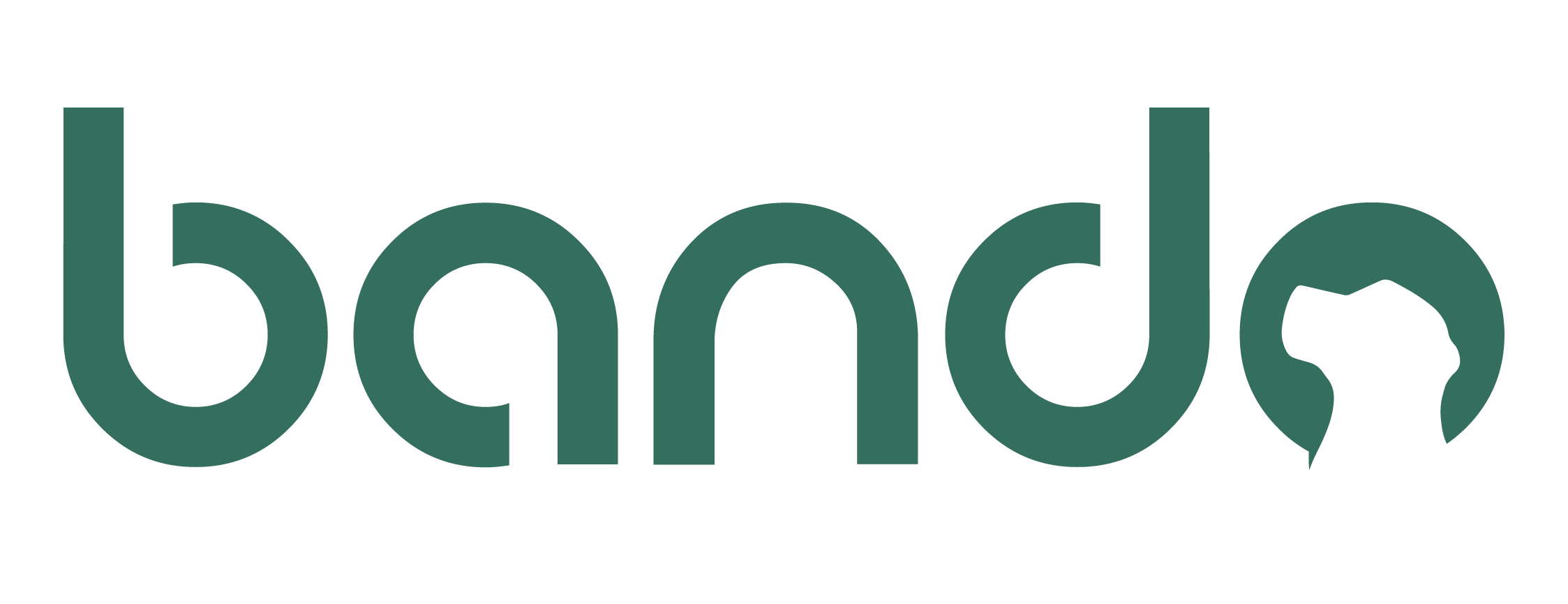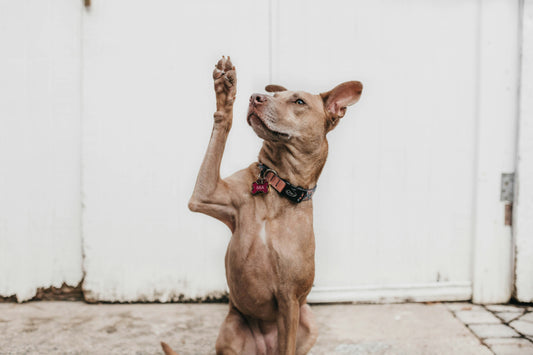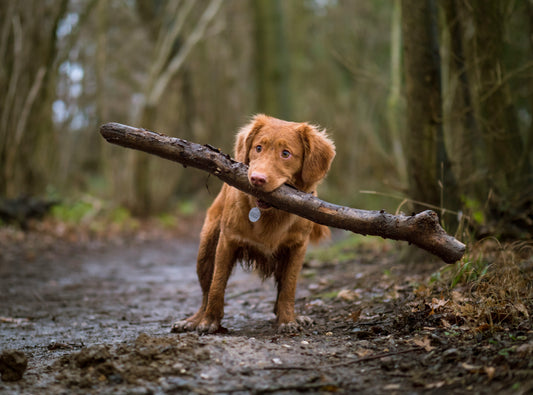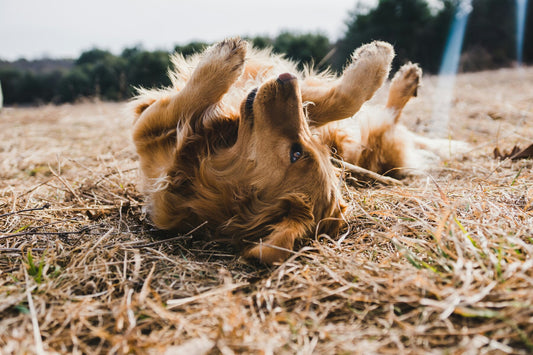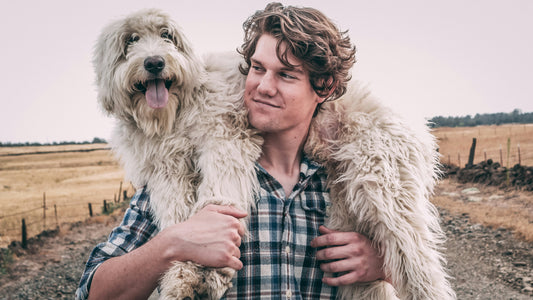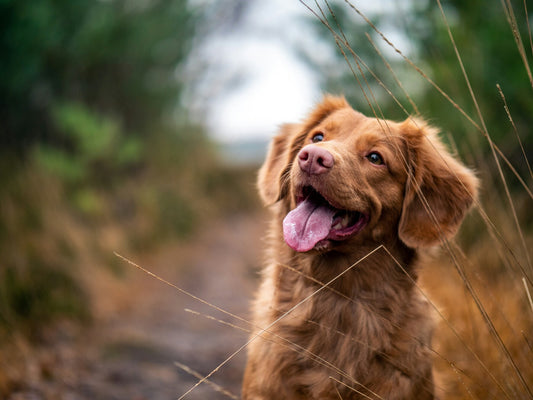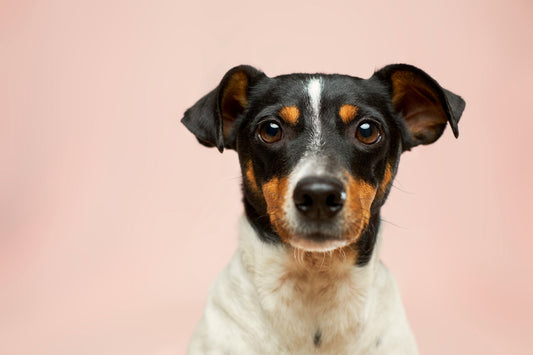Common Causes and Remedies for Excessive Dog Drooling
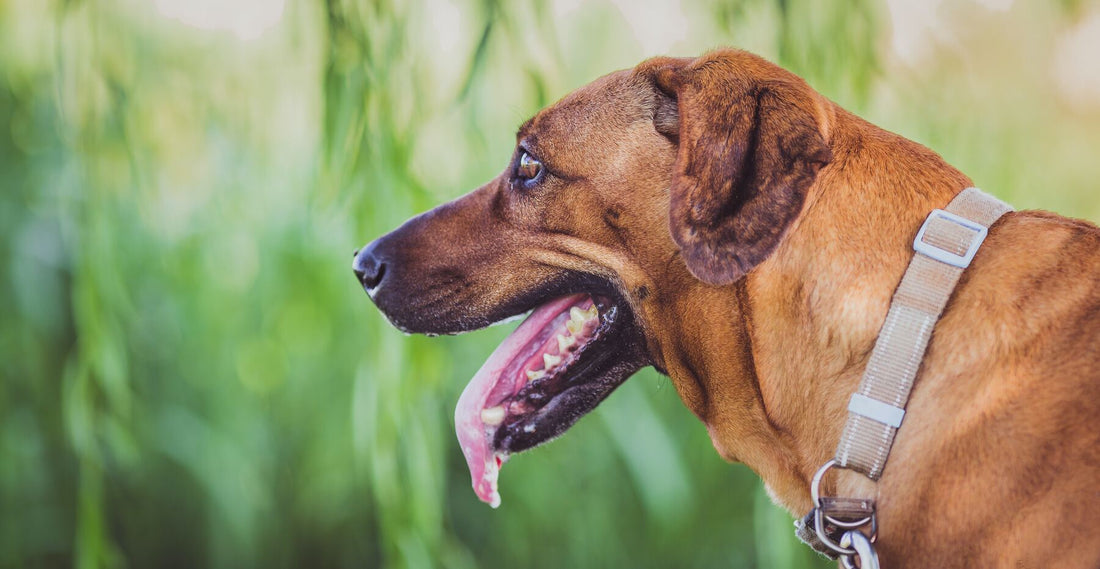
Drooling is a part of life for a dog, but a dog drooling excessively can be a sign that something is off. From a little dribble to a slobbery mess, excessive drooling can be concerning and messy for any pet owner.
In this article, we’ll dive into the causes of excessive drooling and the home remedies that can help keep your dog’s mouth healthy and your floors a little drier.
Understanding Normal vs. Excessive Drooling in Dogs
Dogs drool – it’s a fact. But the amount can vary widely between different dog breeds and from one dog to the next. Normal drooling is often related to anticipation of food or excitement. However, when drooling becomes excessive, it can be an indicator of potential health issues that shouldn’t be ignored. Recognizing the difference is crucial for your dog’s health, as it can point to anything from dental problems or upset stomach to systemic health issues.
Excessive drooling, or hypersalivation, can be a messy problem but also a signpost to your dog’s well-being. It’s important to observe your dog’s behavior to spot any changes. Is the drool puddle larger or more frequent than usual? Is your dog drooling in situations where they wouldn’t normally? These observations are key in determining whether it’s time to address the issue.
Recognizing the Signs of Excessive Drooling
It’s essential to recognize the visual cues that signal a problem: drool that’s thicker than usual, drooling in a resting state, or drool accompanied by a foul odor. These signs can indicate that your dog’s mouth could be a focal point for health concerns.
Breed-specific predispositions play a role in drooling patterns. For instance, breeds with loose, floppy jowls like Saint Bernards are naturally prone to drool excessively. However, if you notice a sudden increase in drool volume or a change in consistency, it’s time to consider that your dog’s drooling might be trying to tell you something important.
Common Causes of Excessive Drooling in Dogs
Some common causes are as benign as a mouthful of something bitter or as worrying as dental issues that cause pain and discomfort. A dog’s teeth are indicators of health, and problems with them can lead to excessive drooling.
Heatstroke is another culprit that can cause your dog to drool excessively. It’s a serious condition that requires immediate attention. Anxiety, too, can make some dogs drool more than usual, as stress impacts their entire body, including the dog’s mouth. External factors, such as toxins, chemicals, or medications, can also upset your dog’s drooling equilibrium, leading to sudden excessive drooling which is a clear sign to seek veterinary help.
When Excessive Drooling Signals a Health Emergency
When your dog begins to drool excessively out of the blue, it’s a red flag that shouldn’t be ignored. Sudden excessive drooling can be a symptom of a serious condition, such as poisoning, heatstroke, or even diseases affecting internal organs. These are scenarios where every moment counts, and understanding the urgency is critical.
If your dog’s drooling is accompanied by other concerning symptoms like vomiting, lethargy, or a change in appetite, it’s crucial to seek immediate veterinary care. These signs can indicate a health emergency that requires professional intervention. Prompt action can make all the difference, potentially saving your dog from prolonged discomfort or life-threatening conditions.
Home Care for Managing Mild Drooling
For the less alarming cases where your dog drools excessively, there are home remedies for dog drooling that can be both effective and comforting. Simple measures can often mitigate mild drooling, such as ensuring your dog is well-hydrated. A hydrated dog is less likely to suffer from dry mouth, which can sometimes lead to excessive salivation as the body attempts to compensate.
Good oral hygiene plays a pivotal role in controlling drool. Regular brushing of your dog’s teeth can prevent dental issues that often lead to excessive drooling. Additionally, providing chew toys can help your dog naturally clean their teeth and massage their gums, which can reduce drooling.
Dietary Considerations to Control Dog Drooling
What goes into your dog’s mouth is just as important as the care it receives. Diet plays a crucial role in managing your dog’s drooling. Certain foods can increase saliva production, while others can help reduce it. For instance, dry kibble encourages chewing, which not only aids in dental health but can also help control drool. On the other hand, dehydrated treats, which require more extensive chewing, can stimulate saliva for digestion but also help in saliva control over time.
It’s also essential to consider food allergies, which can cause inflammation in a dog’s mouth leading to excessive drooling. An elimination diet can be a useful tool to determine if your dog’s drooling is related to a specific food allergy. By carefully selecting your dog’s diet and observing the changes, you can tailor a feeding plan that reduces drooling issues.
The Impact of Supplements on Drooling
Sometimes, food alone isn’t enough, and that’s where supplements come in. Supplements can be a game-changer for dogs who drool excessively, especially when the drooling is due to deficiencies or health issues that diet alone cannot address. For instance, supplements that promote healthy digestion can indirectly reduce drooling by improving how food is processed in the body.
Specific supplements, such as those containing digestive enzymes or probiotics, can aid in oral health and, consequently, reduce saliva production. It’s important to consult with your veterinarian before starting any new supplement regimen to ensure it’s suitable for your dog’s unique needs and won’t interfere with any existing conditions or medications.
Grooming Techniques to Help with Drooling
Effective grooming goes beyond a shiny coat; it can also be a strategic approach to managing your dog’s drooling. For breeds with loose jowls, regular face grooming can help remove food particles and bacteria that may contribute to excessive drooling. Wiping your dog’s mouth with a damp cloth after meals or providing dental wipes can keep the area clean and reduce saliva buildup.
Regular grooming sessions also offer the chance to inspect your dog’s mouth for any signs of dental issues or injuries that could be causing increased drool. This proactive approach allows you to catch potential problems early and seek treatment before they lead to more serious drooling issues.
Professional Dental Care to Reduce Drooling
Just as regular visits to the dentist are crucial for our oral health, the same applies to our canine companions. Professional dental care is a cornerstone in preventing excessive drooling, as many drooling issues stem from dental disease or discomfort. By checking your dog’s teeth regularly, you can catch early signs of gum disease, tooth decay, or other oral health issues that could be causing your dog to drool excessively.
Signs that your dog may need professional dental care include bad breath, difficulty eating, visible tartar buildup, or a sudden change in drooling patterns. If you notice any of these symptoms, it’s time to schedule a visit with your vet. They can provide a thorough dental cleaning, which not only improves your dog’s breath but can also significantly reduce drooling.
Preventative Strategies to Minimize Excessive Drooling
Prevention is often the best medicine, especially when it comes to managing your dog’s drooling. Establishing a routine that includes regular dental care, proper diet, and consistent grooming can significantly reduce the risk of excessive drooling. For instance, incorporating chew toys and dental treats into your dog’s daily routine can help keep their teeth clean and reduce plaque buildup, which can contribute to drooling.
Creating a stress-free environment for your dog is also essential. Anxiety can lead to increased saliva production, so ensuring your dog has a calm and comfortable living space is key. This includes providing a safe retreat, regular exercise, and mental stimulation to keep anxiety at bay.
Conclusion
While a certain amount of drool is part of the doggy package, excessive drooling can be a sign of underlying issues. By being proactive with the health of your dog’s mouth, you can prevent many of the causes of excessive drooling, ensuring your pet remains comfortable and happy.
Bando is here to support you in this endeavor. We understand how important your dog’s health is, and we offer an array of quality supplements, dehydrated treats, and care products designed with your pet’s well-being in mind.
We encourage you to browse our catalog of pet care products. If you have any questions or need assistance, our team of experts is ready to help you find the best solutions for your dog’s needs
